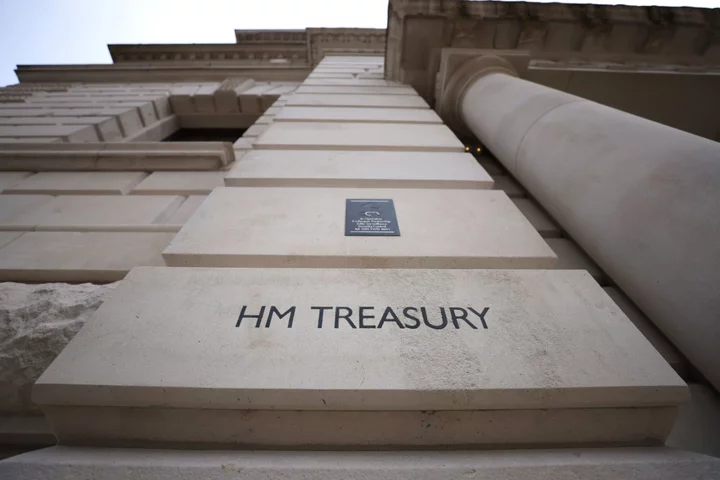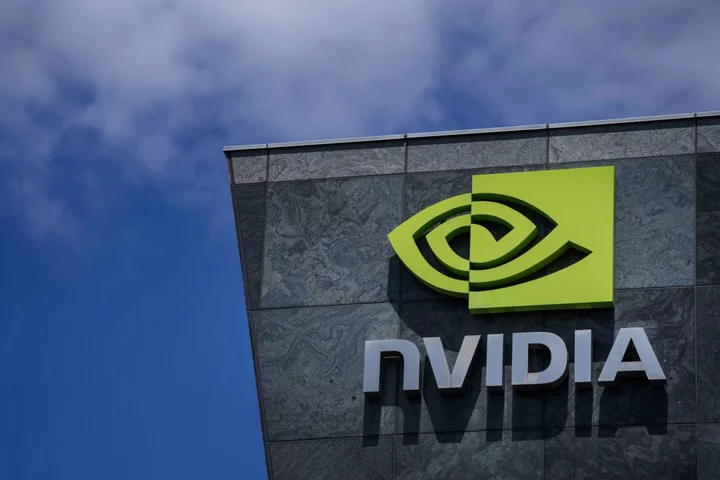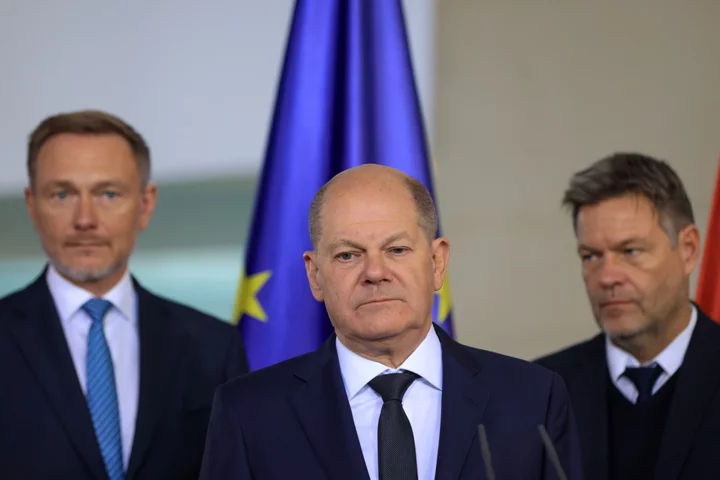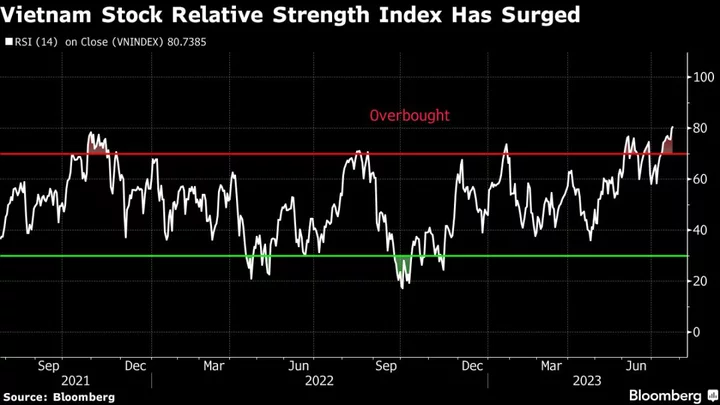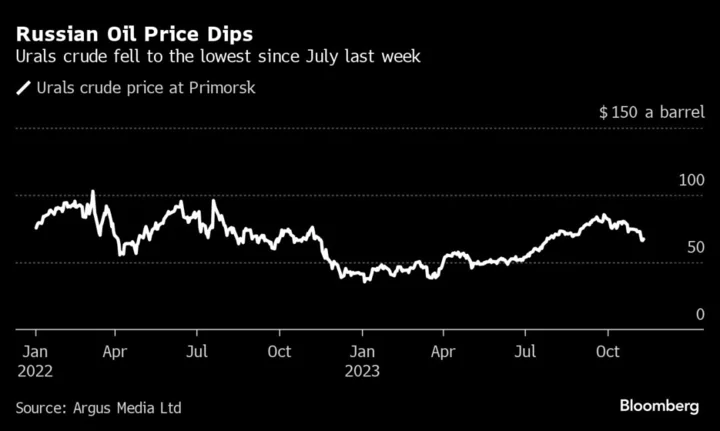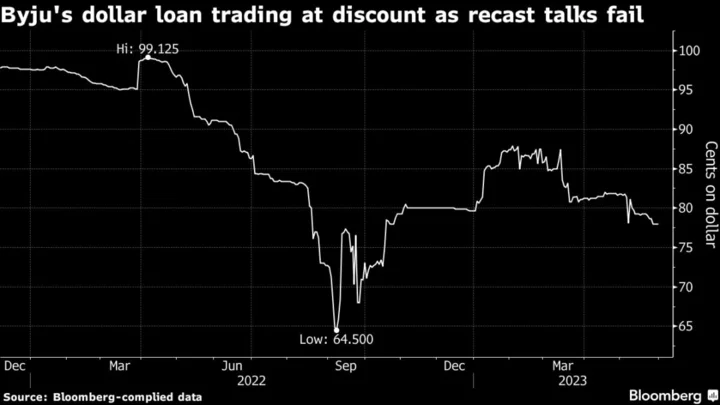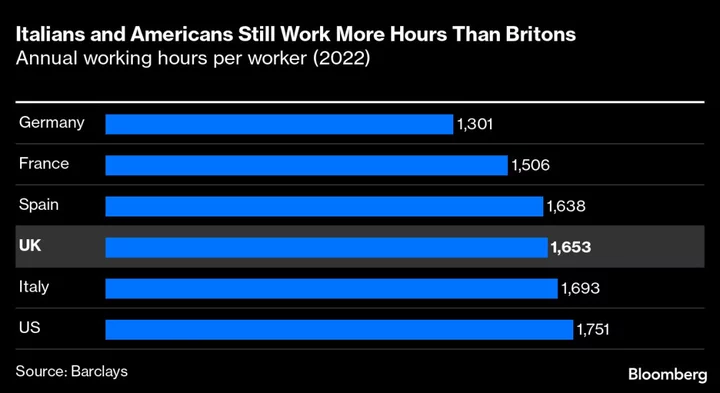The United Kingdom government has said that Indian clearing houses overseen by the nation’s central bank meet its regulatory requirements, a move that may help resolve the ongoing impasse over allowing overseas regulators oversight over local counterparties.
“The legal framework of India, as implemented by the Reserve Bank of India, provides for an effective equivalent system for the recognition of central counterparties authorized under other regimes of other countries,” according to the UK Treasury documents. This change is a prerequisite for Bank of England to recognize overseas counterparties.
The move now paves the way for British banks like Barclays Plc and Standard Chartered Plc, with a significant presence in India, to continue trading in the South Asian nation using the Clearing Corp. of India platform.
Hundreds of billions of rupees of trading in government bonds and interest-rate derivatives was threatened to be disrupted with European and British banks required to move away from the platform as the European Securities and Markets Authority, or ESMA, withdrew recognition to six Indian central counterparties from May 2023. The British ruling would have kicked in from July.
“This announcement is significant for British banks like Barclays with presence in India, enabling us to continue to provide market access to our clients and offer them risk management solutions in foreign exchange and interest- rate products,” said Siddharth Bachhawat, managing director for markets at Barclays Bank India.
For non-British banks, the standoff continues with ESMA’s withdrawal of recognition to counterparties. German and French regulators in February extended by 18 months the time their banks have to transfer trading positions from Indian clearing houses.
--With assistance from Ronojoy Mazumdar.
(Updates with investor comment in the fifth paragraph)

